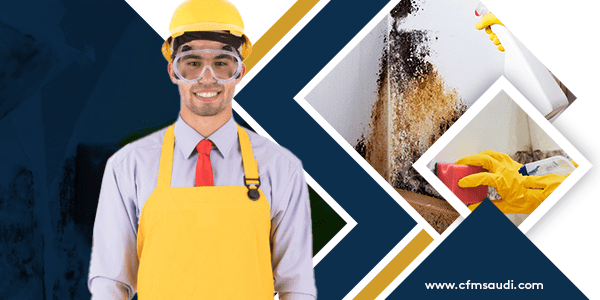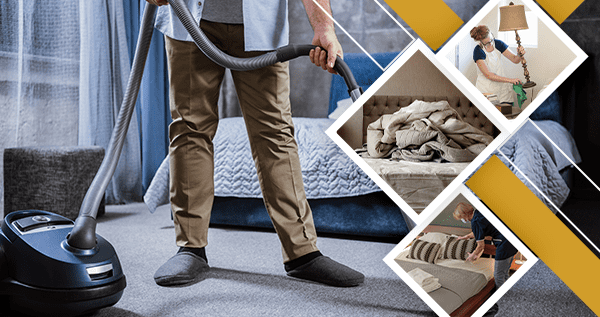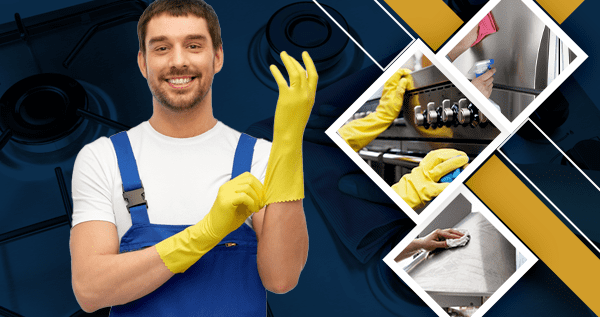Building Maintenance Best Practices for Property Managers
As a property manager, one of your key responsibilities is to ensure the proper maintenance of the buildings under your management. Building maintenance not only helps to preserve the value of the property but also ensures the safety and comfort of the occupants. In this article, we will discuss some best practices for building maintenance that property managers should consider.
Regular Inspections
Regular inspections are essential for identifying any maintenance issues before they escalate into more significant problems. Property managers should conduct routine inspections of the building’s exterior, common areas, and individual units. This includes checking for leaks, cracks, damaged surfaces, and any signs of wear and tear. By identifying issues early, property managers can address them promptly, saving both time and money in the long run.
Maintenance Planning
Developing a comprehensive maintenance plan is crucial for effective building maintenance. This plan should outline regular maintenance tasks, such as HVAC system inspections, roof inspections, gutter cleaning, and parking lot maintenance. Additionally, property managers should schedule periodic deep cleaning and maintenance of common areas, including lobbies, elevators, and stairwells. By having a well-thought-out maintenance plan, property managers can ensure that all necessary maintenance tasks are carried out consistently and efficiently.
Regular Cleaning
Cleaning is an integral part of building maintenance, and it plays a significant role in preserving the appearance and functionality of the property. Property managers should contract professional cleaning services, such as those provided by Crystal Facilities Management, to ensure that the building is consistently clean and well-maintained. Regular cleaning not only enhances the aesthetic appeal of the property but also promotes a healthy and hygienic environment for the occupants.
Emergency Preparedness
Property managers should have a well-defined emergency preparedness plan in place to address any unforeseen maintenance issues or emergencies. This plan should include procedures for dealing with power outages, water leaks, natural disasters, and other emergencies. Property managers should also ensure that essential maintenance equipment, such as fire extinguishers and first aid kits, are readily available and regularly serviced.
Work with Qualified Contractors
When it comes to maintenance and repairs, it is essential to work with qualified contractors and service providers. Whether it is HVAC maintenance, plumbing repairs, electrical work, or landscaping, property managers should only engage reputable and licensed contractors. By working with qualified professionals, property managers can ensure that maintenance tasks are carried out to high standards and in compliance with relevant regulations.
Regular Communication with Tenants
Effective communication with tenants is essential for building maintenance. Property managers should keep tenants informed about any upcoming maintenance work, inspections, or repairs. Additionally, tenants should be encouraged to report any maintenance issues promptly so that they can be addressed in a timely manner. By fostering open communication with tenants, property managers can create a positive living environment and address maintenance issues proactively.
Record Keeping
Maintaining detailed records of all maintenance activities is crucial for property managers. This includes records of inspections, maintenance work, repairs, and contracts with service providers. Detailed records can be valuable for tracking maintenance expenses, assessing the effectiveness of maintenance plans, and providing documentation for regulatory compliance. Property managers should establish a system for organized record-keeping to ensure that all relevant information is easily accessible when needed.
Budgeting for Maintenance
Property managers should allocate a budget specifically for building maintenance and repairs. This budget should account for routine maintenance tasks, as well as anticipated or unexpected repairs. By setting aside a dedicated budget for maintenance, property managers can ensure that the necessary funds are available to address maintenance issues promptly and proactively, without impacting the overall financial performance of the property.
Continuous Improvement
Finally, property managers should continuously seek opportunities for improvement in building maintenance practices. This may include seeking feedback from tenants, conducting regular reviews of maintenance plans, exploring new technologies or strategies for maintenance efficiency, and staying updated on industry best practices. By striving for continuous improvement, property managers can ensure that their building maintenance practices are effective, efficient, and aligned with the needs and expectations of the occupants.
Conclusion
Effective building maintenance is essential for preserving the value and functionality of properties managed by property managers. By implementing regular inspections, maintenance planning, regular cleaning services, emergency preparedness, working with qualified contractors, communicating with tenants, maintaining records, budgeting for maintenance, and seeking continuous improvement, property managers can ensure that their buildings are well-maintained and provide a safe and comfortable living environment for the occupants.












